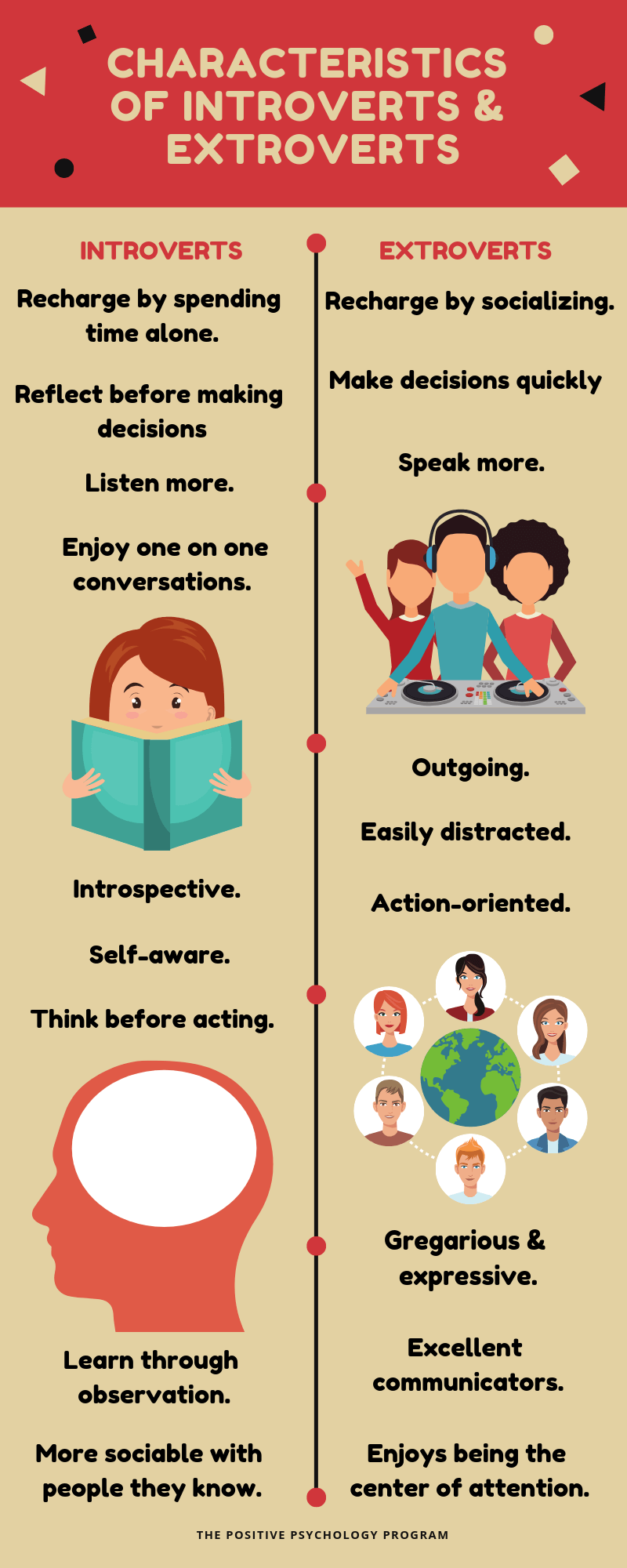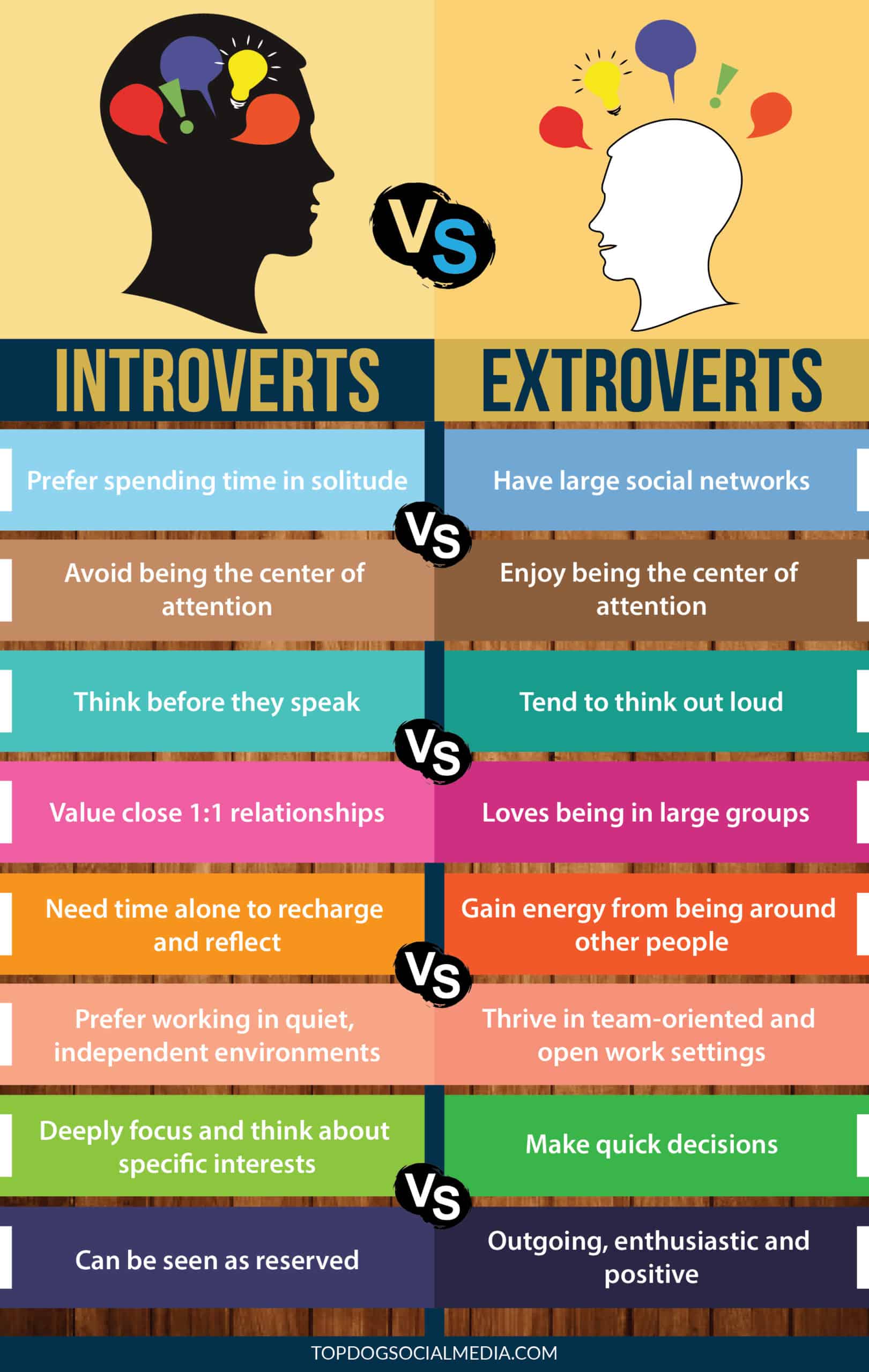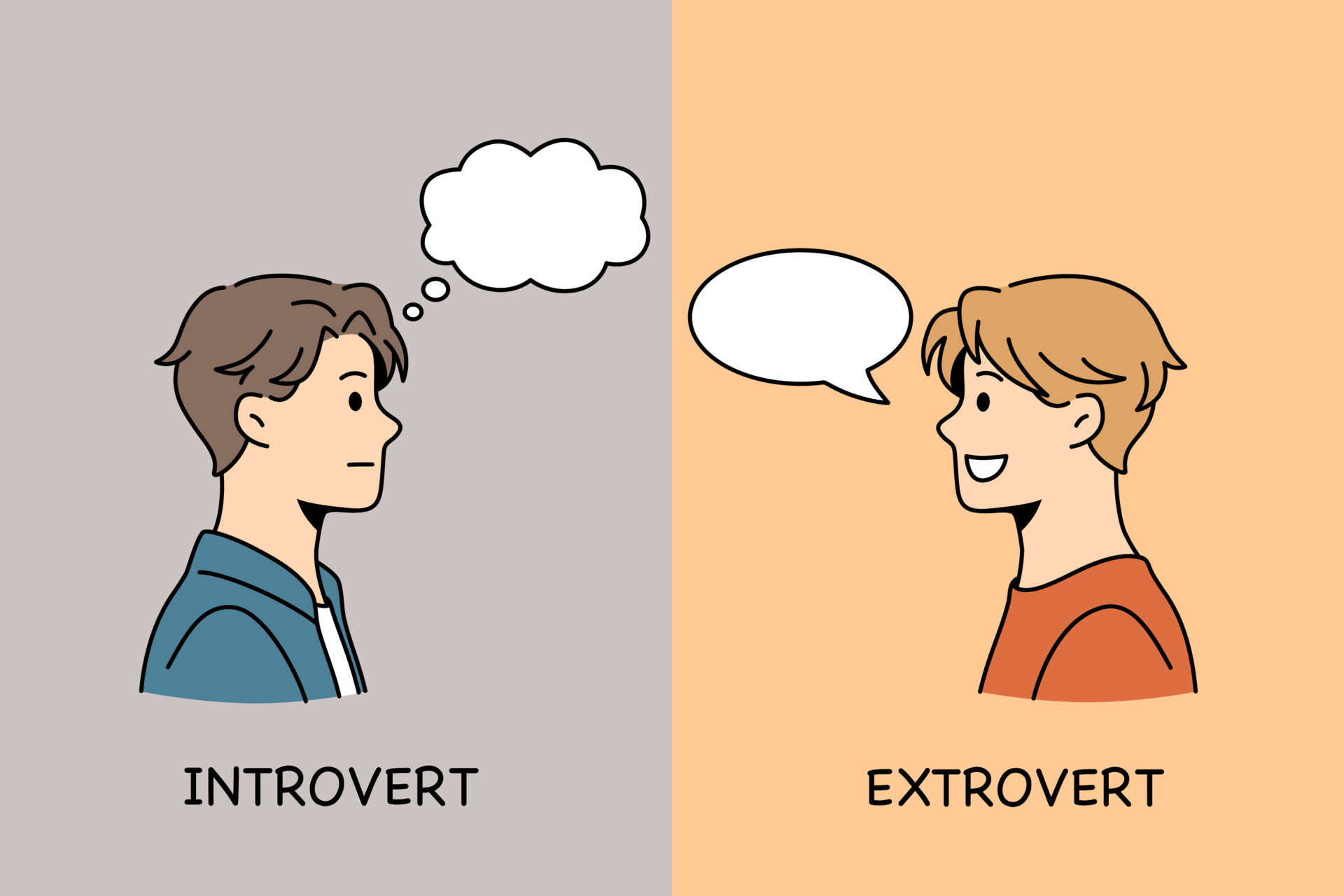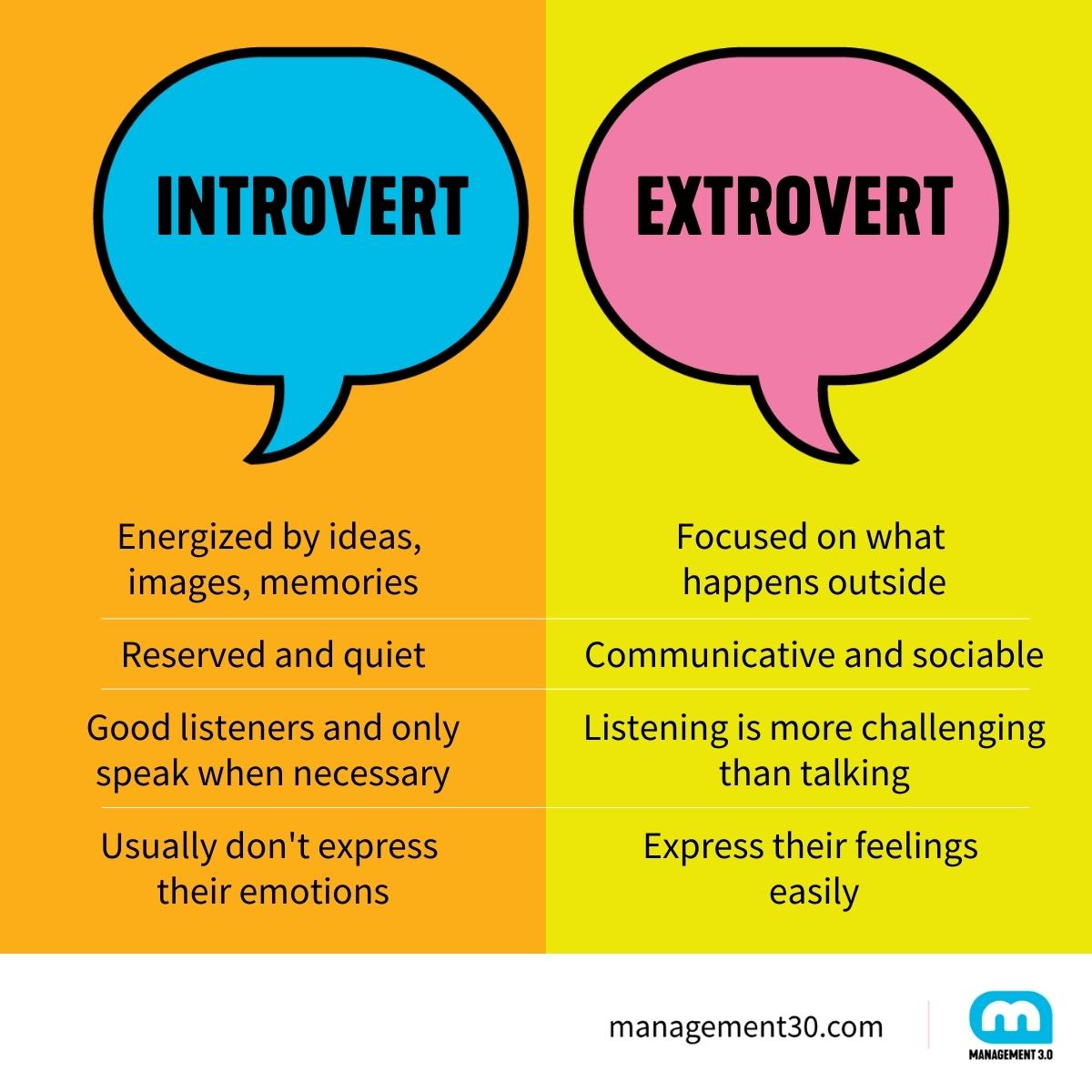Can An Introvert Become An Extrovert

The age-old question of whether personality traits are malleable, particularly the spectrum between introversion and extroversion, continues to spark debate among psychologists and self-improvement enthusiasts alike. Can an introvert truly transform into an extrovert, or are we fundamentally bound by our innate predispositions?
This article explores the complexities of personality, examining the science behind introversion and extroversion, and investigates the potential for individuals to shift their behavior and adapt to different social environments. The core question: Is a complete personality overhaul possible, or are we simply learning to navigate the world in ways that feel less natural?
At its core, the debate hinges on understanding the biological and environmental factors that shape personality. Introversion and extroversion are often described as points on a spectrum, representing preferences for social interaction and energy expenditure. Introverts generally find energy in solitude and reflection, while extroverts thrive in social settings and gain energy from external stimulation.
However, it’s crucial to differentiate between personality and behavior. "While someone’s core personality might lean towards introversion," explains Dr. Anya Sharma, a clinical psychologist specializing in personality development, "they can certainly learn and adopt behaviors that are more associated with extroversion."
The Neuroscience of Personality
Studies in neuroscience suggest that variations in brain structure and function may contribute to differing levels of introversion and extroversion. Differences in dopamine pathways, for example, have been linked to reward sensitivity, which can influence an individual's drive to seek out social interaction.
Furthermore, genetics play a role, albeit a complex one. Twin studies, which compare personality traits in identical and fraternal twins, indicate a significant heritability component to both introversion and extroversion.
However, genes are not destiny. Environmental factors, such as upbringing, cultural influences, and life experiences, also exert a powerful influence on shaping personality and behavior.
Behavioral Adaptations and Skill Development
While an introvert may not fundamentally change their core preference for solitude, they can consciously develop skills that mimic extroverted behaviors. This might involve practicing active listening, initiating conversations, or learning to feel more comfortable in group settings.
These adaptations often require effort and conscious intention. It is similar to learning a new language: even with fluency, your native tongue is never fully replaced.
Dr. Sharma emphasizes the importance of self-awareness in this process. "Understanding your own comfort levels and boundaries is key. Pushing yourself too far beyond your natural inclinations can lead to burnout and stress."
The Motivations Behind Seeking Change
Individuals may seek to adopt more extroverted behaviors for a variety of reasons. Career advancement, social integration, and personal growth are common motivators.
For example, a naturally introverted individual might recognize that developing stronger networking skills is essential for success in their field. Or, they may desire to build more robust social connections to combat feelings of loneliness.
However, it's crucial to approach this process with realistic expectations and a focus on well-being. Trying to become someone you are not can be detrimental to mental health. Authenticity is vital.
The Impact on Mental Well-being
The potential impact on mental well-being is a critical consideration. While adopting new behaviors can broaden horizons and enhance social connections, it's essential to maintain a sense of self and prioritize self-care.
According to a recent study published in the Journal of Personality and Social Psychology, individuals who consistently act against their inherent personality traits are more likely to experience increased levels of stress and anxiety.
Therefore, finding a balance between adaptation and authenticity is key to navigating the introversion-extroversion spectrum successfully. It is about expanding your behavioral repertoire, not erasing your inherent disposition.
Ultimately, the question of whether an introvert can become an extrovert is less about a complete transformation and more about behavioral adaptation and personal growth. While core personality traits may remain relatively stable, individuals can develop skills and strategies to navigate social situations more effectively and embrace a wider range of experiences. The key lies in self-awareness, authenticity, and a focus on well-being.


















